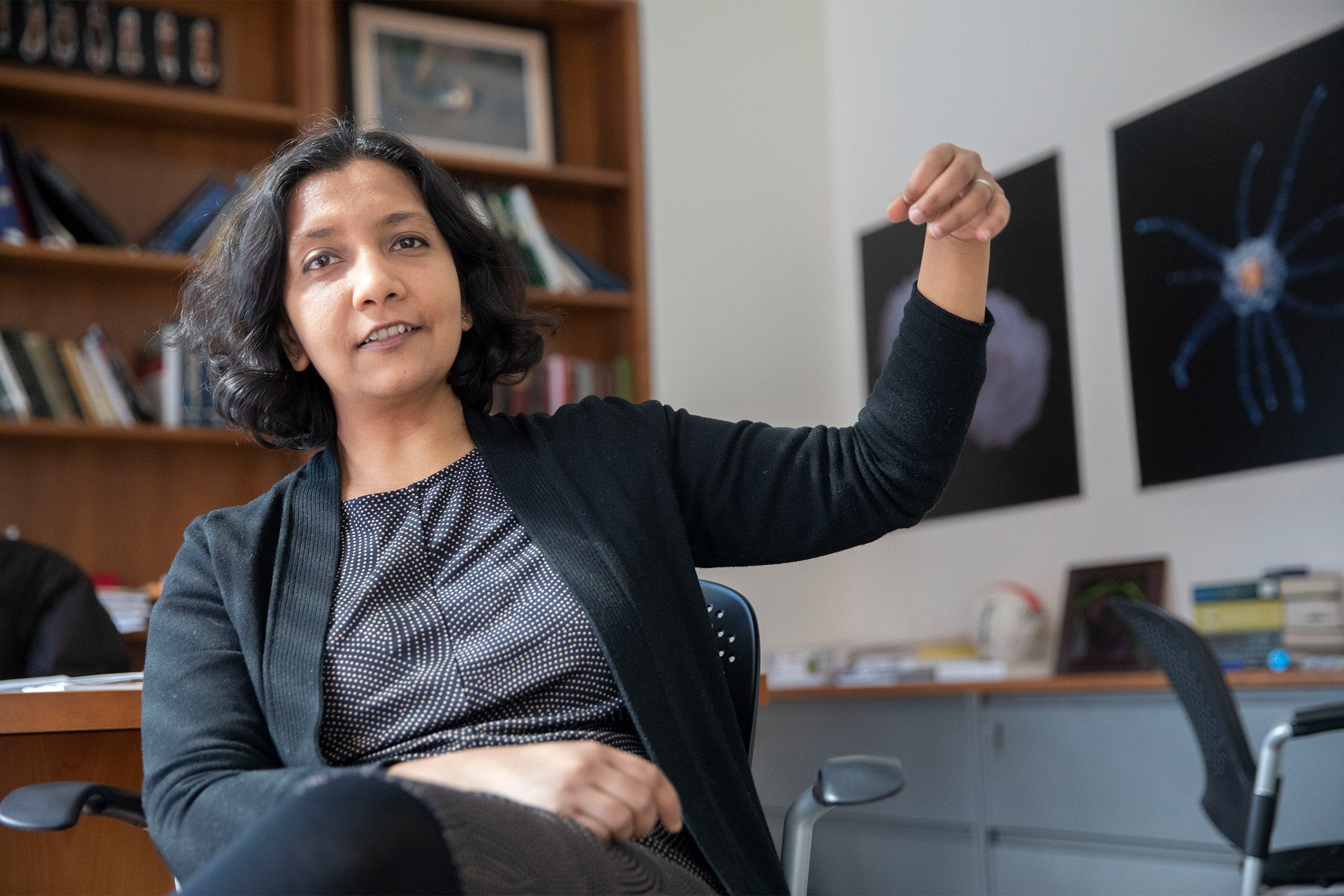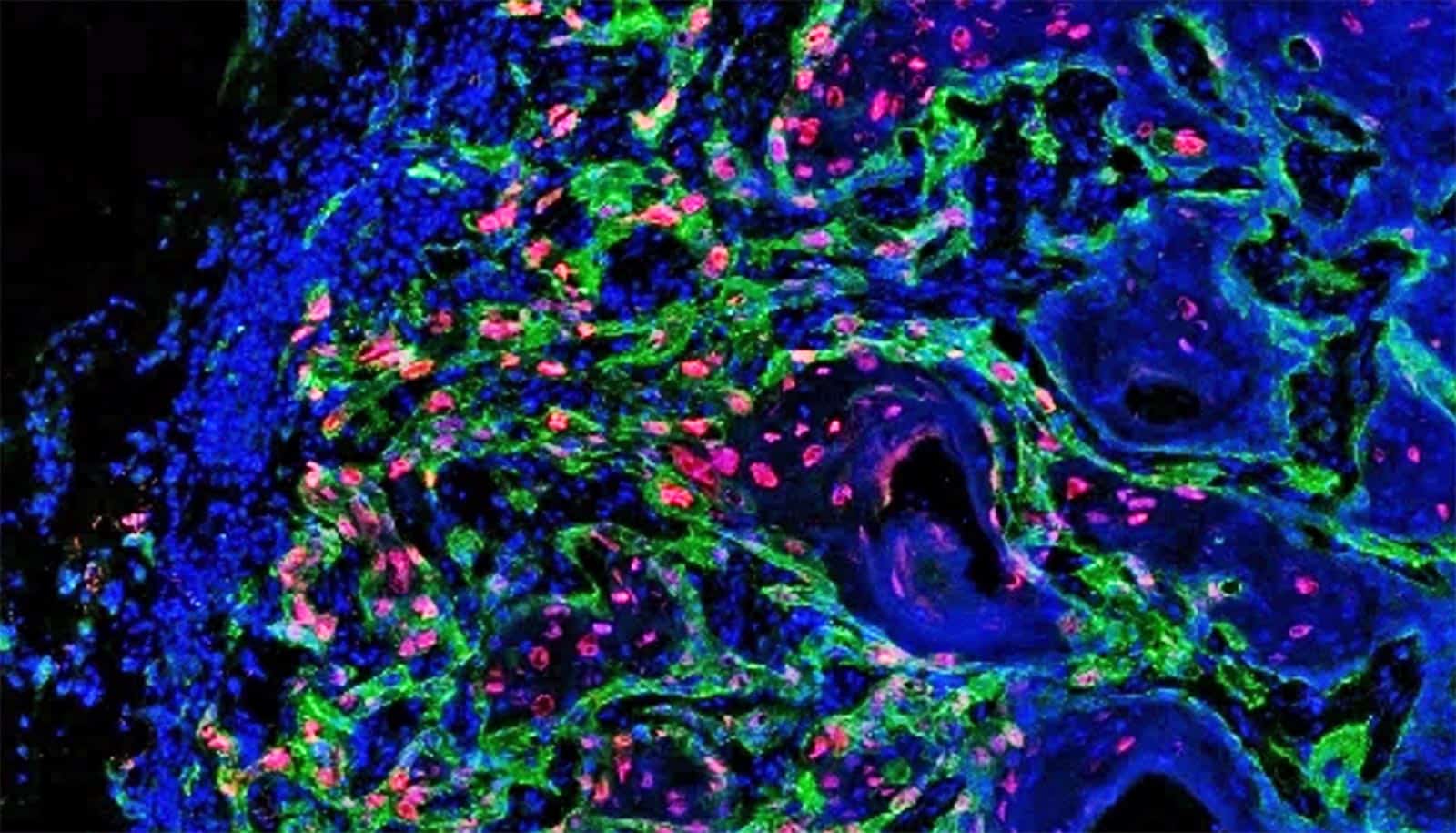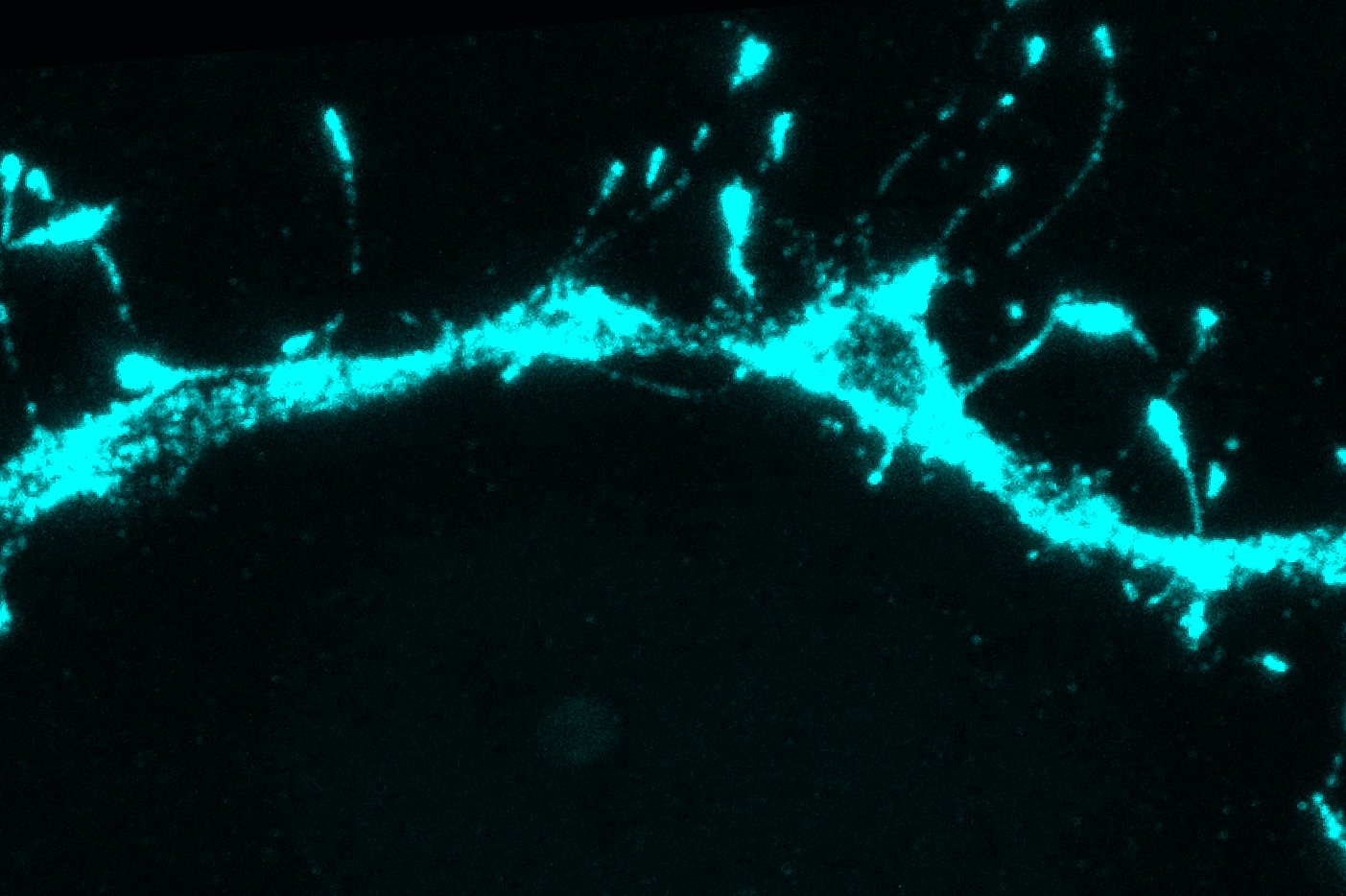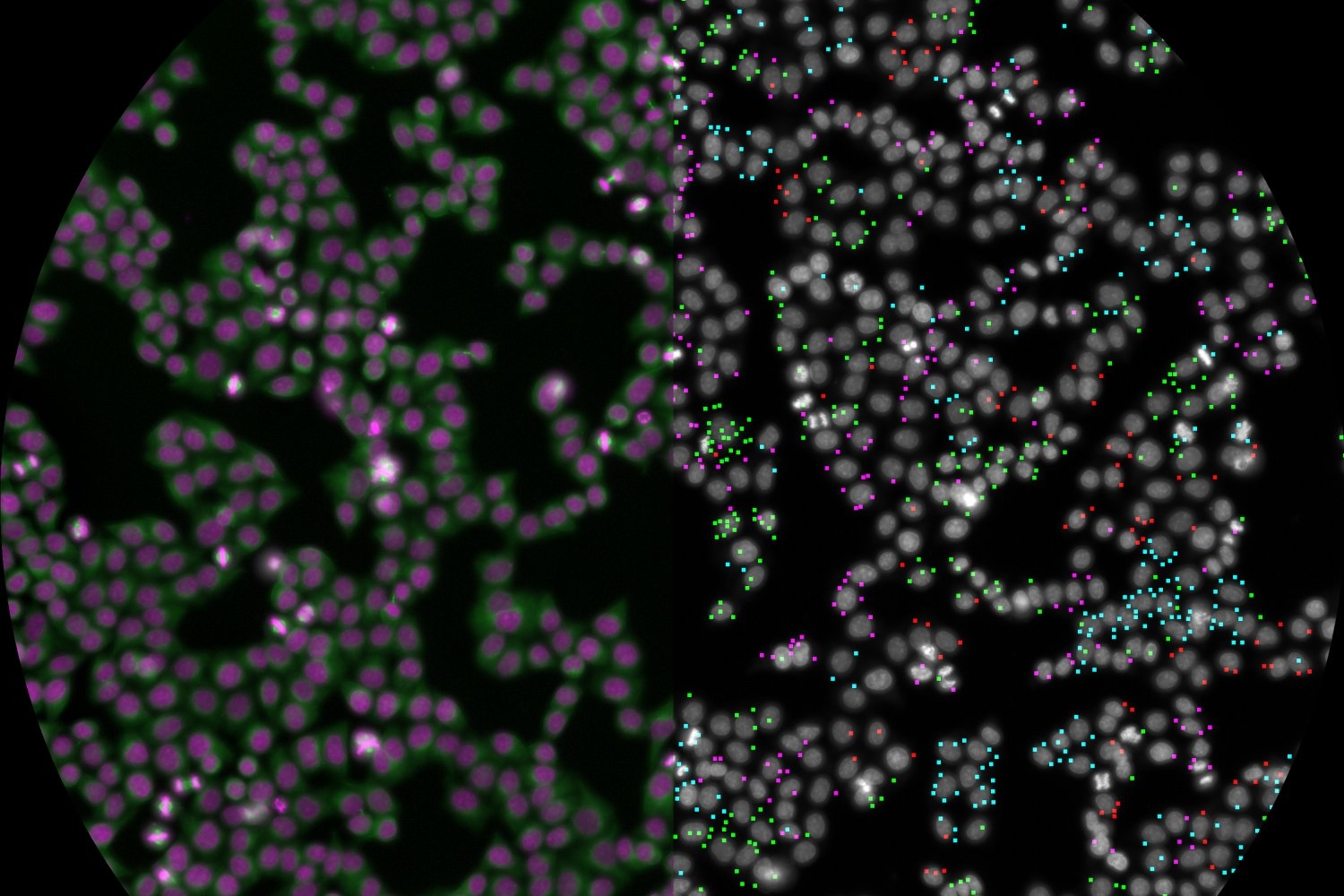Harnessing the brain's immune cells to stave off Alzheimer's and other neurodegenerative diseases
Microglia, immune cells disguised as brain cells, are known as the janitors of the brain. Dialing up their usual duties just enough could provide an avenue to treat neurodegenerative disease.
Kristine Zengeler, Ph.D. Candidate in Neuroscience, University of Virginia •
conversation
Dec. 7, 2022 • ~9 min
Dec. 7, 2022 • ~9 min
What is inflammation? Two immunologists explain how the body responds to everything from stings to vaccination and why it sometimes goes wrong
Inflammation is a complicated and important part of how the immune system responds to threats to the body. But when the inflammatory response goes awry, it can lead to serious problems.
Mitzi Nagarkatti, Professor of Pathology, Microbiology and Immunology, University of South Carolina •
conversation
Nov. 7, 2022 • ~6 min
Nov. 7, 2022 • ~6 min
/
66










